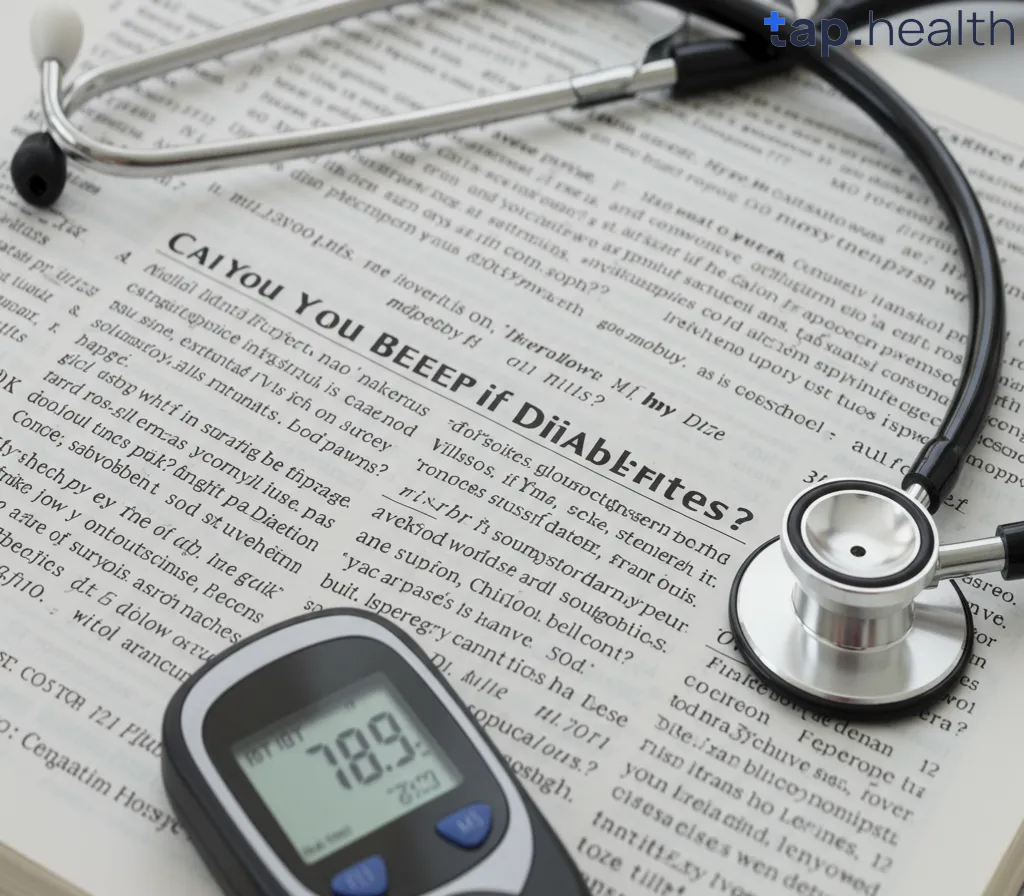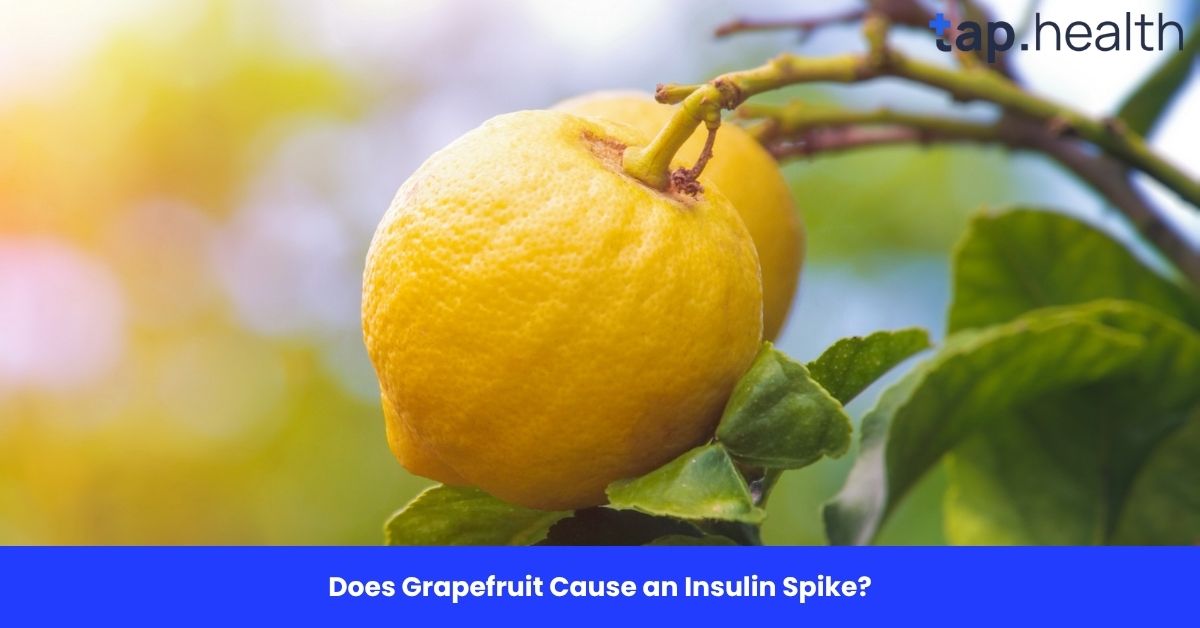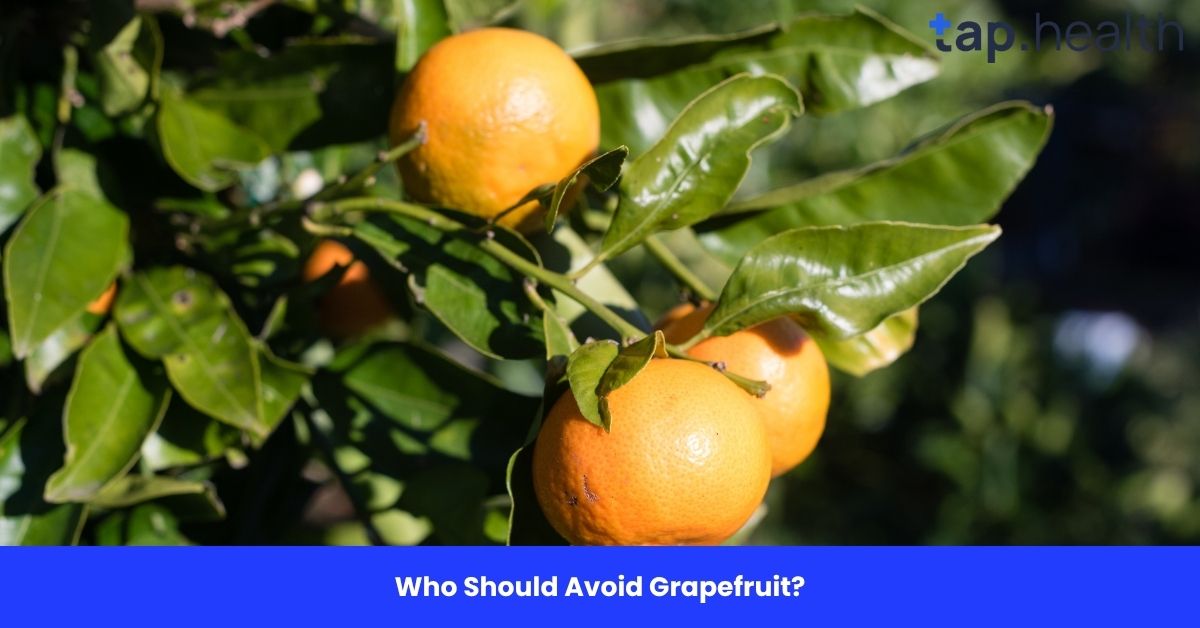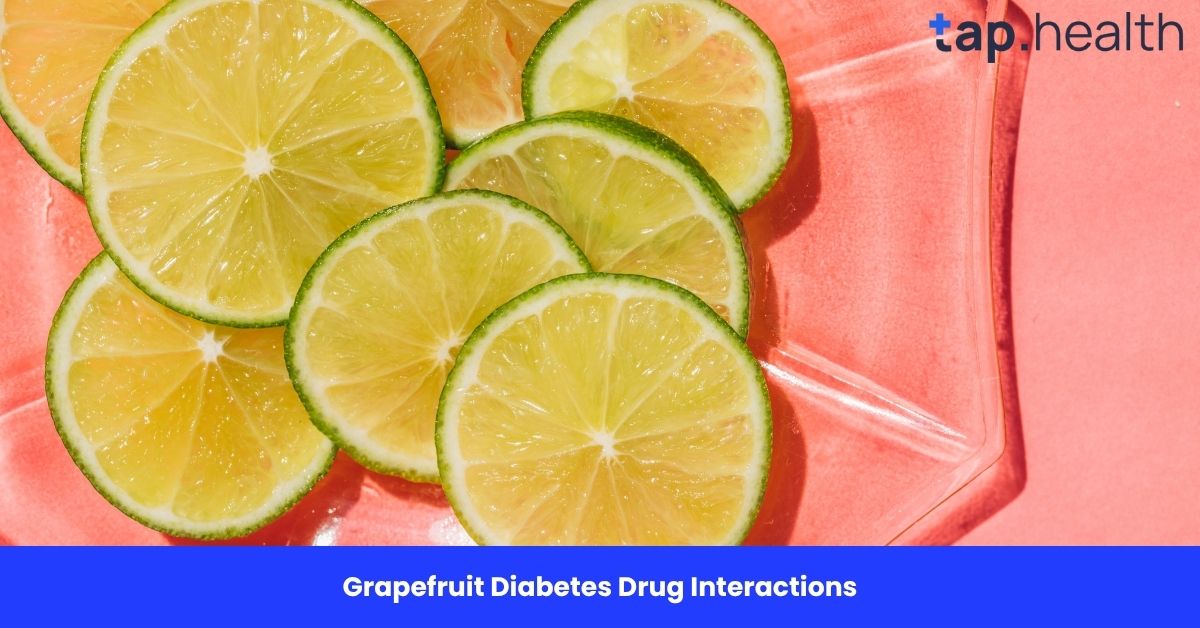Diabetes is a serious health condition that requires constant management, particularly when it comes to diet and lifestyle. One common question people with diabetes have is whether it’s safe to drink beer. The idea of enjoying a cold one on a hot day can be tempting, but is it a good idea for someone managing their blood sugar levels? This article will answer that question in detail and explore the effects of alcohol on diabetes, the risks involved, and safe drinking tips for diabetics.
Let’s dive in and explore the topic comprehensively.
What is Diabetes?
Before diving into the impact of beer on diabetes, let’s briefly explain what diabetes is. Diabetes is a chronic condition that occurs when your body either can’t produce enough insulin (Type 1 diabetes) or can’t use the insulin it does produce effectively (Type 2 diabetes). Insulin is a hormone that helps regulate your blood sugar (glucose) levels, and when it’s not functioning properly, it can lead to high blood sugar levels, which can cause serious health problems over time.
Types of Diabetes
- Type 1 Diabetes: Typically diagnosed in childhood or young adulthood, where the body doesn’t produce any insulin.
- Type 2 Diabetes: More common and typically occurs in adults. It happens when the body becomes resistant to insulin or doesn’t produce enough.
- Gestational Diabetes: Develops during pregnancy and usually goes away after birth but increases the risk of developing Type 2 diabetes later in life.
Can Diabetics Drink Beer?
The short answer is yes, but with caution. Drinking beer is not strictly off-limits for diabetics, but it requires careful monitoring and awareness of how it affects blood sugar levels. Beer, like other alcoholic beverages, can cause fluctuations in blood sugar, and this can be especially dangerous for people with diabetes if not managed properly.
Let’s look at how beer can impact blood sugar.
How Does Beer Affect Blood Sugar?
Beer, like other forms of alcohol, has a direct impact on blood sugar levels. Here’s how:
1. Beer and Blood Sugar Levels:
- Carbohydrates in Beer: Beer contains carbohydrates, which can raise blood sugar levels. The number of carbs varies depending on the beer type. Light beers typically have fewer carbs than regular beers. A standard beer can contain 12-15 grams of carbs, which is equivalent to one slice of bread.
- Alcohol’s Impact: Alcohol can cause your blood sugar to drop, especially if consumed on an empty stomach. This happens because alcohol interferes with your liver’s ability to release glucose into your bloodstream.
- Blood Sugar Spikes and Dips: Beer may cause an initial spike in blood sugar, but the liver will start processing the alcohol, which could lead to a drop in blood sugar a few hours later. This drop could be dangerous for diabetics if they don’t monitor their levels carefully.
2. Beer and Insulin Sensitivity:
Alcohol can make the body more sensitive to insulin, which can lead to lower blood sugar levels, particularly after drinking. This effect can last for hours and is more likely if you’re drinking on an empty stomach or haven’t had a meal with your beer.
Risks of Drinking Beer for Diabetics
While moderate beer consumption can be safe for some people with diabetes, there are several risks involved. These include:
1. Hypoglycemia (Low Blood Sugar):
- Beer, especially when consumed in excess, can cause low blood sugar, or hypoglycemia, which can be dangerous for diabetics. Hypoglycemia symptoms include dizziness, confusion, shaking, and even loss of consciousness in severe cases.
2. Weight Gain:
- Beer is high in calories, and drinking regularly can contribute to weight gain. Obesity is a significant risk factor for Type 2 diabetes and can make blood sugar control more difficult.
3. Interactions with Medications:
- Diabetics often take medications to manage blood sugar levels. Alcohol, including beer, can interfere with how these medications work, either increasing or decreasing their effectiveness.
4. Increased Risk of Other Health Conditions:
- Drinking beer in excess can contribute to heart disease, liver disease, and other complications that are already a concern for people with diabetes.
How to Drink Beer Safely with Diabetes
If you’re wondering how to enjoy beer while managing diabetes, here are some key tips:
1. Choose Low-Carb Beers:
- Opt for light beers or those labeled as low-carb. These typically have fewer sugars and fewer carbs, which helps reduce the risk of blood sugar spikes.
2. Drink in Moderation:
- Moderation is key when drinking beer with diabetes. The American Diabetes Association (ADA) recommends no more than one drink per day for women and two for men. One drink is generally defined as 12 ounces of beer.
3. Always Eat Before or While Drinking:
- It’s important to eat a balanced meal before or while drinking beer. A good meal with a combination of proteins, fats, and fiber can help slow down the absorption of alcohol and stabilize blood sugar levels.
4. Monitor Your Blood Sugar:
- Keep a close eye on your blood sugar levels before, during, and after drinking. Use a continuous glucose monitor (CGM) if you have one or check your levels regularly with a glucometer.
5. Avoid Drinking on an Empty Stomach:
- Drinking on an empty stomach can cause your blood sugar to drop dangerously low. Always have a snack or meal with your drink to minimize this risk.
Real-Life Scenario
Imagine you’re at a family gathering, and everyone is enjoying a cold beer. You’re managing your diabetes and wondering if it’s safe for you to join in. By choosing a light beer, drinking in moderation, and having a balanced meal beforehand, you can enjoy the occasion without compromising your health. Remember to monitor your blood sugar levels and stay informed about how alcohol affects your body.
Expert Contribution
Dr. Anjali Sharma, an endocrinologist, advises, “It’s crucial for individuals with diabetes to understand how alcohol interacts with their medications and blood sugar levels. Consulting with your healthcare provider before consuming alcohol can help ensure it’s safe for you.”
Recommendations Grounded in Proven Research and Facts
- Choose Light Beers: Studies indicate that light beers have fewer carbohydrates, which can help in managing blood sugar levels.
- Consume with Food: Research shows that consuming alcohol with food can slow the absorption of alcohol and reduce the risk of hypoglycemia.
- Monitor Blood Sugar: Regular monitoring can help detect any sudden changes in blood sugar levels, allowing for timely intervention.
FAQs About Beer and Diabetes
1. Can beer raise your blood sugar?
- Yes, beer can raise your blood sugar because it contains carbohydrates. The rise in blood sugar is typically moderate, but it depends on the type and amount of beer you consume.
2. Is beer safe for Type 1 diabetics?
- Beer can be safe for Type 1 diabetics when consumed in moderation and with careful monitoring of blood sugar. It’s important to avoid drinking on an empty stomach and to check blood sugar levels frequently.
3. What is the best beer for diabetics?
- The best beers for diabetics are those that are low in carbs and calories, such as light beers or certain craft beers labeled as low-carb.
4. Can drinking beer lead to diabetic ketoacidosis?
- Diabetic ketoacidosis (DKA) is a condition that can occur if there isn’t enough insulin in the body. Beer itself doesn’t directly cause DKA, but drinking alcohol in large quantities can interfere with insulin management, potentially increasing the risk for people with diabetes.
5. Can alcohol make diabetes worse?
- If consumed in large quantities or without proper management, alcohol can make diabetes worse. It can cause fluctuating blood sugar levels, weight gain, and other complications. Moderation is essential.
6. Is there any beer that is completely sugar-free?
- No beer is completely sugar-free, but there are beers with significantly reduced sugar content. Always check the label for the carbohydrate count to ensure you are selecting a beer that aligns with your blood sugar management plan.
7. How long does beer stay in your system for diabetics?
- Beer can stay in your system for several hours, depending on the amount consumed. The effects on blood sugar can last for up to 24 hours, so it’s important to monitor your levels during this time.
8. Can I drink beer if I have gestational diabetes?
- It is generally not recommended to drink alcohol while pregnant, including beer, due to the risk to both the mother and the baby. If you have gestational diabetes, consult with your healthcare provider before consuming any alcohol.
Conclusion
So, can you drink beer if you have diabetes? Yes, but it requires careful management. Drinking in moderation, choosing low-carb options, and monitoring your blood sugar levels are crucial. Always consult with your healthcare provider to make sure you’re making the best choices for your health.
By following the tips above, you can enjoy a drink without compromising your diabetes management. Keep the focus on balance, moderation, and monitoring, and you can safely include beer in your diet from time to time.
For more information on natural remedies, you might find this article helpful: https://tap.health/which-beer-is-good-for-diabetes-choosing-the-right-beer-for-your-health/



